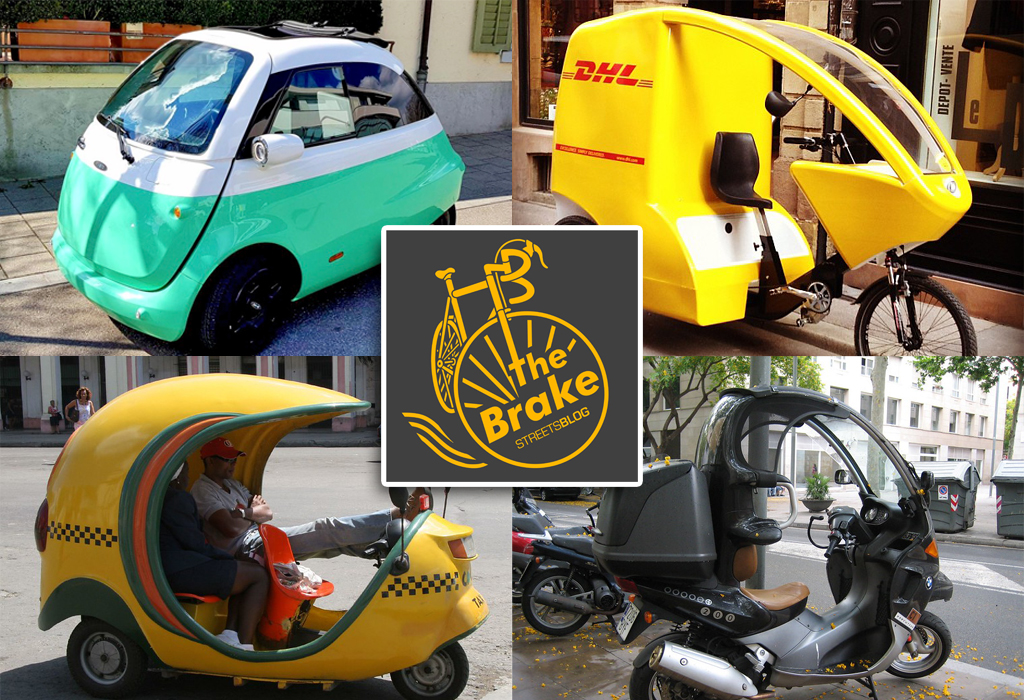Kea Wilson

Kea Wilson has more than a dozen years of experience as a writer telling emotional, urgent and actionable stories that motivate average Americans to get involved in making their cities better places. She is also a novelist, cyclist, and affordable housing advocate. She previously worked at Strong Towns, and currently lives in St. Louis, MO. Kea can be reached at kea@streetsblog.org or on Twitter @streetsblogkea. Please reach out to her with tips and submissions.
Connect
‘Complete Streets’ Webpage Falls Prey To Trump Purge
Some basic technical resources were housed on a single government website that was scrubbed shortly after Trump's inauguration. Now, advocates are scrambling.
Is the Intercity Bus About To Have Its Big Moment?
Intercity bus had an unexpectedly strong year — and some analysts think even greater things are on the horizon.
U.S. DOT Moves to Rescind Billions for ‘Woke’ Transportation on Feb. 18 — So Advocates Must Speak Up Now
U.S. Transportation Secretary Sean Duffy has promised to call on Congress to slash vast funding for climate and DEIA.
The Missing Ingredients in America’s ‘Minimobility’ Revolution
Sustainable Transportation Research Is Snagged In Trump’s Anti-‘DEI’ Dragnet
President Trump's war on efforts to boost diversity, equity and inclusion is taking important mobility justice research down with it.
Friday Video: Meet the British Cyclist Doing His Own ‘Criminal Mischief’ Campaign
Meeting England's version of our editor Gersh Kuntzman.
Toyota Attacking Sustainable Transportation (Even More Than You Think)
The world's largest automaker has been ramping up spending to put climate change deniers in Congress, and crushing support for all kinds of sustainable modes in the process.
A Child Went For a Walk on a Rural Highway Alone. His Mom Got Arrested For It.
Should parents — or the state? — be liable when their children walk on dangerous roads?
Trump’s ‘EV Mandate’ Does Not Exist. But Car Dependency Does — And We Can End It
The new president has sworn to unravel Biden's EV plans. But would they have been enough to decarbonize the transportation sector without confronting how much Americans drive?









